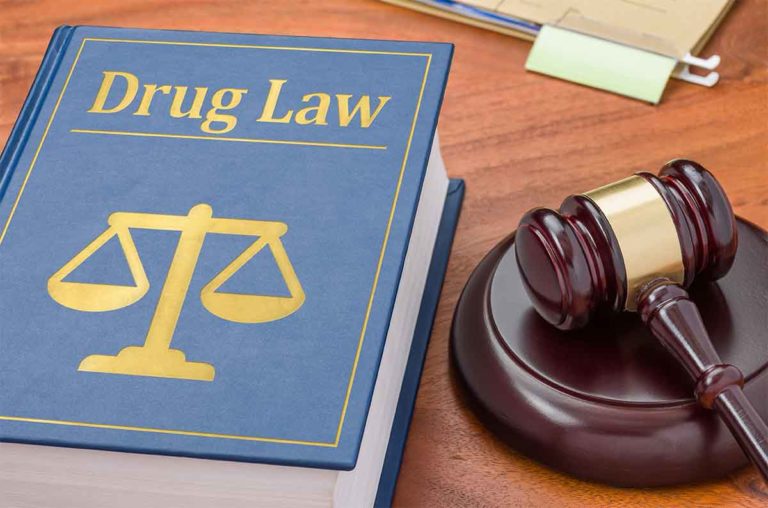
There are fifteen people who are currently serving time for drug possession charges in Washington State. This week they will be released from prison.
This decision comes almost two months after the state Supreme Court ruling in the State v. Blake case. Washington’s felony law against simple drug possession is now unconstitutional according to the state Supreme Court.
It was estimated that fewer than 100 people in the state were incarcerated on possession charges alone. After the supreme court made its decision, that number has dropped to around two dozen people.
Taylor Wonhoff, deputy general counsel for the governor explained that the governor’s office created a simple commutation petition form. Someone incarcerated would need to fill out their name, sign the form, and put ‘I want a Blake commutation’.
The governor’s office said on Tuesday, that 13 petitions are complete with just two more to go. Most of the petitions should be complete later in the day Tuesday with more soon to come.
Now that the governor signed the petitions, it cuts through the process of clearing past possession convictions and resentencing people. The 15 people eligible currently will be released sooner than they typically would have been if they went through judicial procedures.
Supreme Court Decision
Since the court case in February, none of the simple drug possession convictions are legally valid. Meanwhile, lawmakers are working to pass legislation to respond to the court ruling. They would like to have something before the session ends later this month.
The Times reported, 12 of the 13 people whose petitions had already been signed were released on Tuesday evening. But people whose sentences are commuted will need judges to clear the now-invalid convictions from their criminal records.
The Supreme Court decision came unexpectedly for lawmakers. They are working to decide how to address the fallout of the ruling.
“Although we knew it had been winding its way through the courts, with everything else, we forgot about it,” Rep. Roger Goodman (D) said. “Then this earth-shaking opinion comes out right in the middle of the legislative session”.
Lawmakers Trying to Catch Up
Not only do lawmakers need to come up with a way to fund court costs of identifying and resentencing individuals whose convictions are no longer lawful. But the legislature is also considering whether and how to replace the state’s felony drug possession law.
A progressive bloc in the House of Representatives that continues to grow more powerful insists that the chamber won’t pass legislation that re-establishes criminal penalties for small amounts of drugs.
There have been several bills that have been introduced after the court ruling came out. One leading proposal, SB 5476, would leave simple drug possession decriminalized. It would also establish personal use amounts of controlled substances.
Adults would not face criminal or civil penalties if found with anything less than the designated amounts. But there would be a fine of $125 for opening or using a controlled substance in public. In order to bear the administrative costs resulting from the decriminalization ruling by the Supreme Court; They will use the revenue from the fines.
The Senate Ways and Means Committee voted to advance the bill without recommendation to the Senate Rules Committee. There is little to no debate expected in this committee before it advances to the full Senate floor.
Amendments to the Bill
Several amendments have already been introduced; they are expected to be taken up on the Senate floor soon. Some of the major changes consist of a presiding judge in any county having the ability to appoint commissioners to assist the court with resentencing and vacating convictions affected by the Blake ruling. Also, anyone under 21 found with the possession of controlled substances will be under the jurisdiction of juvenile courts. It will require the courts to offer diversion to treatment for a first offense. Finally, it will eliminate the $125 fine for public drug use to fund the admin costs from the State v. Blake ruling.
There are also two other amendments that would gut the decriminalization proposal and reinstate felony drug possession charges for drug possession committed knowingly.
“There’s this phenomenon called discontinuous change, Goodman told Marijuana Moment, “where nothing happens and nothing happens and nothing happens, and then the Berlin Wall falls down. We’re getting to that place in drug policy where it’s a tipping point.”
Make sure to check back for more cannabis and hemp related news.